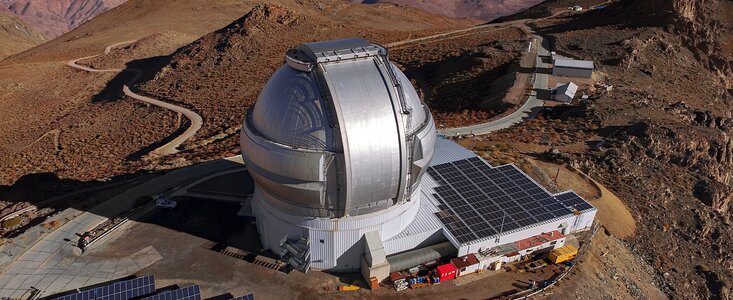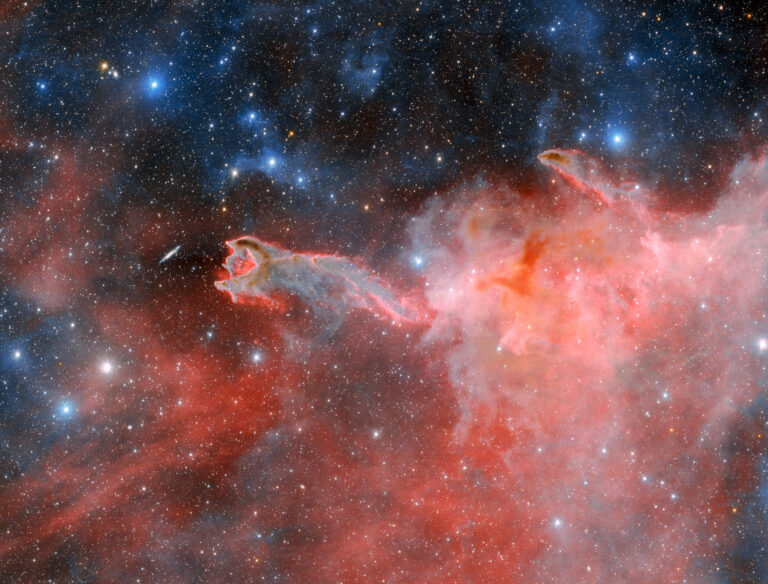In a monumental stride towards a greener future, NSF’s NOIRLab is spearheading a revolution in astronomical practices with its Environmental Sustainability Program. The program, supported by the National Science Foundation, aims to cut NOIRLab’s annual carbon footprint in half by the end of 2027, showcasing a commitment to both scientific excellence and environmental responsibility.
NOIRLab’s observatories, spanning locations in Arizona, Chile, and Hawai‘i, will undergo transformative changes. Solar panels and batteries will be strategically installed at key sites, including Gemini South and the Vera C. Rubin Observatory in Chile, demonstrating NOIRLab’s dedication to clean energy solutions.
Under the guidance of the Environmental Sustainability Program, NOIRLab targets a reduction to 6200 tons CO2 equivalent by late 2027. The approved funding will facilitate a state-of-the-art photovoltaic and battery energy storage system at Cerro Pachón in Chile, significantly reducing the carbon footprint associated with telescope operations.
NOIRLab’s commitment extends beyond energy solutions to address the recommendation from the Astro2020 report, focusing on reducing travel impact. By late 2026, the organization aims to cut funded staff travel by approximately 50%, redirecting funds towards additional energy-efficient upgrades.
While currently approved funding ensures a substantial 43% reduction in NOIRLab’s carbon footprint, the organization actively seeks additional resources to achieve the ultimate 50% reduction by 2027. Upgrades to base and summit facilities in Arizona and Chile, including HVAC system replacements and a shift to electric vehicles, exemplify NOIRLab’s comprehensive approach to sustainability.
NOIRLab’s green initiatives are not just about meeting specific targets; they represent a paradigm shift towards responsible scientific practices. By setting an example in the astronomical community, NOIRLab invites reflection and discussion on how other research facilities can adopt similar eco-friendly measures.
Photo: NOIRLAB
Source: LULOP

















+ There are no comments
Add yours